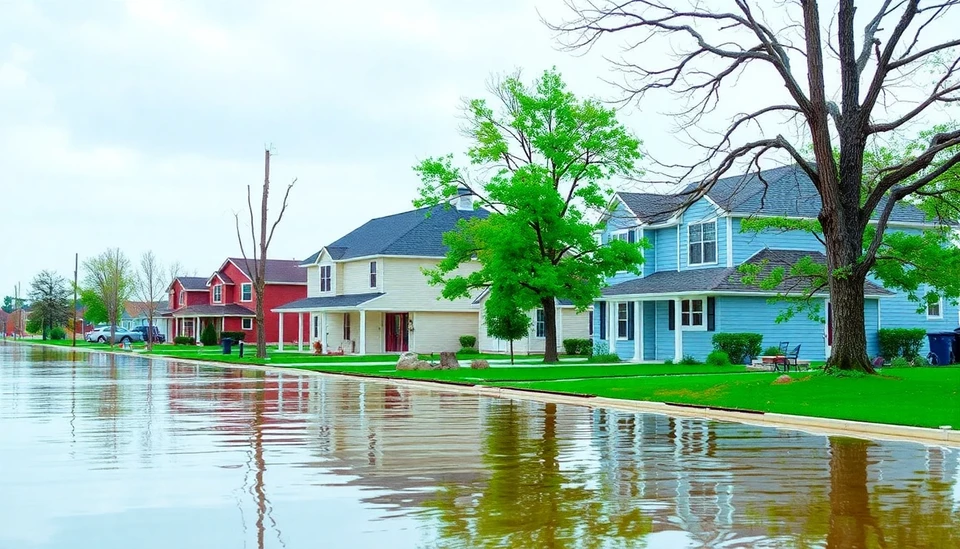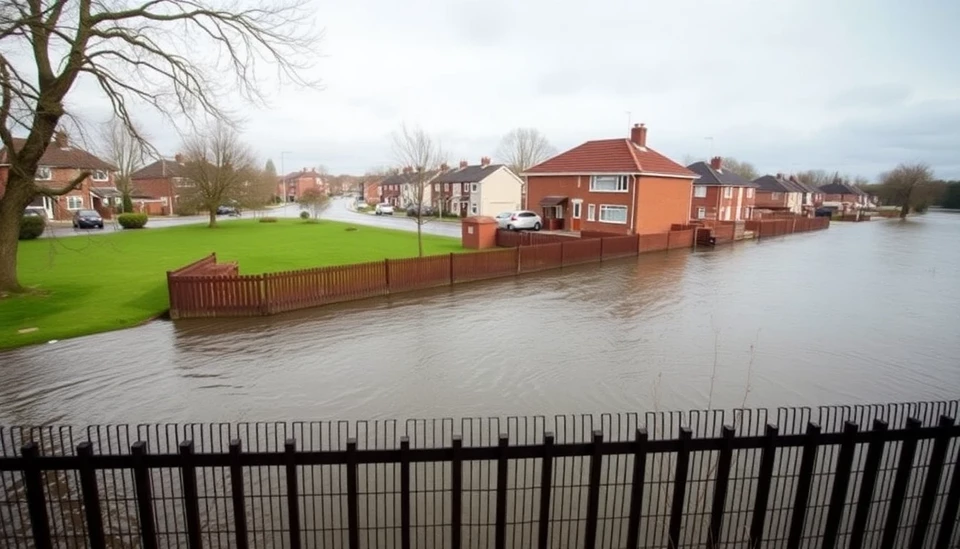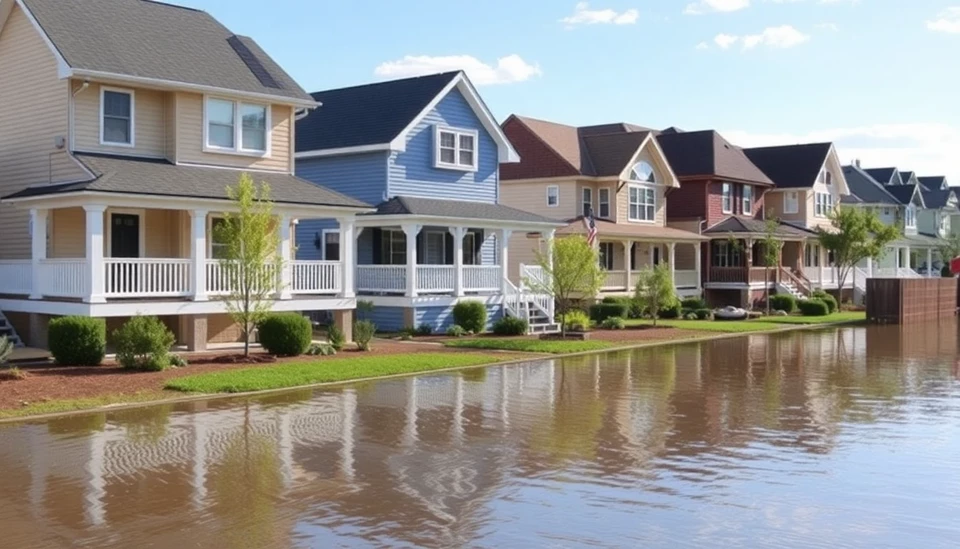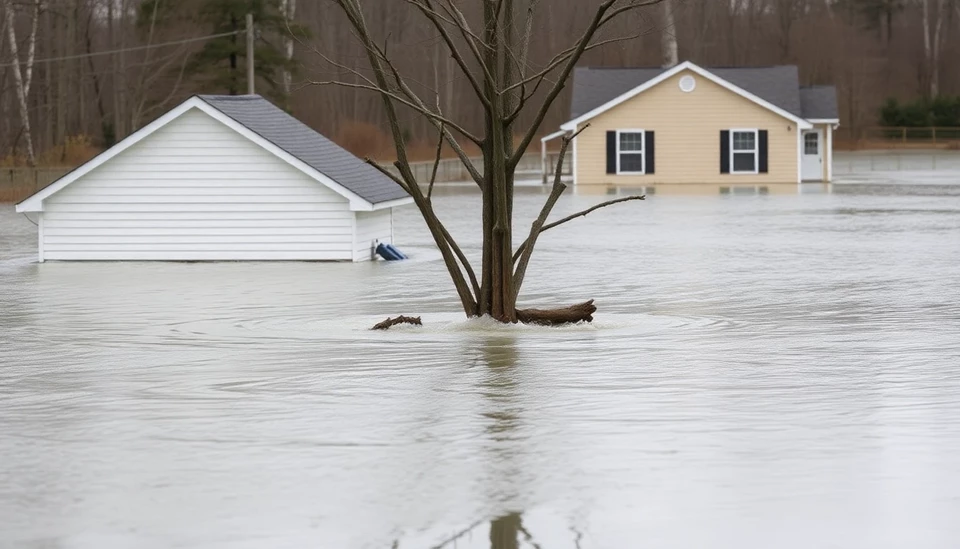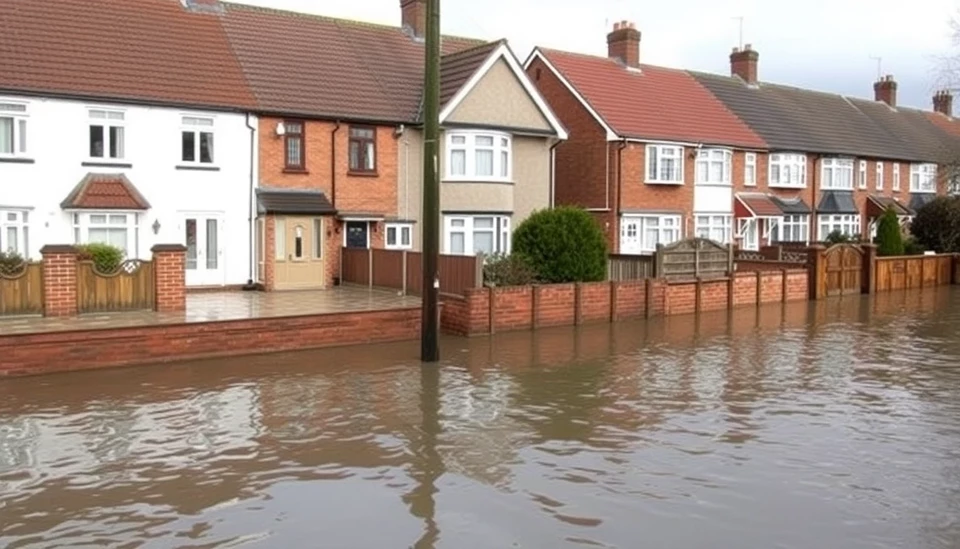
The United Kingdom is confronting a troubling trend as flood insurance is increasingly becoming elusive for homeowners. A significant portion of properties in England and Wales, particularly those in high-risk flood zones, is finding it difficult to secure adequate coverage amidst escalating climate unpredictability. This scenario is raising alarms not just among homeowners but also among industry experts who warn of the potential fallout if the trend continues.
Flooding events in recent years have served as stark reminders of the UK's vulnerability to extreme weather conditions, which are projected to worsen as climate change progresses. In response, insurers have begun reassessing risk profiles, leading to reduced availability of coverage for many homes. The implications of this shift are profound—without access to flood insurance, homeowners may face devastating economic repercussions should disaster strike.
In particular, regions prone to flooding are now seeing premiums soar, with insurance companies opting to limit their exposure by withdrawing from high-risk markets altogether. Some homeowners have even reported being unable to find insurers willing to cover them at all. The situation calls into question not only the affordability of insurance but also the overall safety and stability of living in such flood-prone areas.
The stakes are especially high for areas that have been historically underinsured or neglected by the insurance market. As flood events become more frequent, the financial burden on families who cannot access affordable protection against flooding damages is likely to grow, potentially leading to widespread hardship in affected communities. Local businesses and infrastructure could also take a hit as environmental risks continue to rise, creating an unstable economic environment.
Several advocacy groups and local government officials are pressing for reforms that could offer better protection for homeowners at risk. Proposals include establishing more comprehensive assessments of flood risks and advocating for policies that encourage insurance companies to offer coverage in vulnerable areas. Without these changes, many fear that entire communities may be left unprotected against the devastating impacts of flooding.
Furthermore, the issue of uninsurability raises broader concerns about urban planning and infrastructure investments. As businesses and residents weigh the risks of settling in flood-prone regions, cities may need to reconsider development strategies to make housing safe and sustainable. In the long run, addressing these underlying issues may be the only viable pathway to ensuring resilient communities in the face of an uncertain climatic future.
As the situation unfolds, it remains to be seen how both policymakers and the insurance industry will respond to this pressing crisis. Solving the problem will likely require collaboration among multiple stakeholders to create innovative solutions that provide security to homeowners and preserve the viability of communities at risk.
In summary, as flood insurance becomes scarce across the UK, both immediate and long-term strategies must be developed to safeguard the future of those living in at-risk areas. The clock is ticking, and urgent action is needed to avert a broader crisis.
#FloodInsurance #ClimateCrisis #UKFlooding #Homeowners #InsuranceCrisis #UrbanPlanning #CommunityResilience
Author: Sophie Bennett
